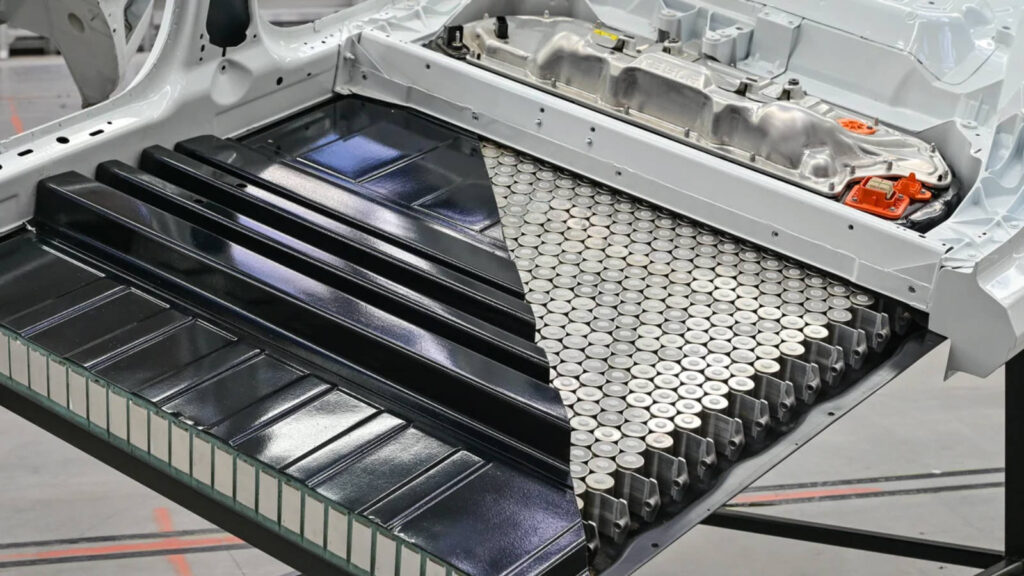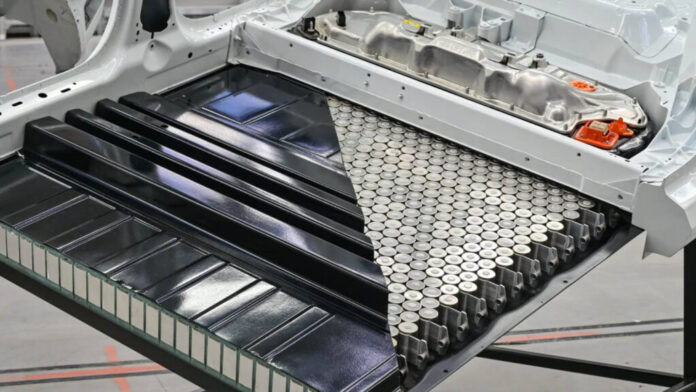Electric vehicles (EVs) are gaining popularity in the GCC region. As governments and drivers shift towards cleaner energy, questions about the performance of EVs in extreme climates are becoming more common. One major concern is battery durability in the Gulf’s intense summer heat.
This article answers key questions about EV battery performance in hot conditions and provides practical advice for drivers.
How Hot Does It Get In The GCC & Dubai?
In GCC countries such as the UAE, Saudi Arabia, Qatar, Kuwait, Bahrain, and Oman, summer temperatures often exceed 45°C. In many places, daytime heat can climb above 50°C. A car parked outside in direct sunlight can reach internal temperatures of over 70°C.
These extreme conditions raise understandable concerns about whether electric car batteries can cope.
How Do EV Batteries Work?
Lithium-ion battery packs power EVs. These batteries operate best in temperatures between 15°C and 35°C. Outside this range, they start to lose efficiency.
Heat affects the internal chemical reactions inside the battery. When temperatures rise too high, it can lead to faster wear and tear, reduced battery capacity, and slower charging speeds. To understand what can go wrong, read about common EV battery problems and fixes.
Can Electric Car Batteries Survive Extreme Heat?
Yes, modern EV batteries can withstand hot weather, but this depends on the car’s design and its usage. EV manufacturers are aware of the challenges posed by heat and include thermal management systems to protect the battery. Most EV manufacturers also perform extreme weather tests on their cars to ensure they can survive hot temperatures.

These systems help regulate the battery’s temperature and keep it within a safe range. Without these systems, a battery exposed to high heat over time may degrade faster. If you’re shopping smart, explore the top 10 EVs under AED 100,000 in the UAE for good thermal systems at a budget-friendly price.
What Happens To Batteries In High Temperatures?
When exposed to extreme heat, batteries can experience the following issues:
- Reduced energy efficiency
- Shortened lifespan due to faster chemical ageing
- Risk of overheating or thermal runaway in rare cases
- Slower or force-limited charging speeds to prevent overheating
These effects may not be noticeable in the short term, but they can reduce the battery’s long-term performance. For deeper insight into how batteries are managed, see our EV battery management system (BMS) guide.
What Are Manufacturers Doing to Solve This?
Leading car brands like Tesla, BYD, BMW, Hyundai, and Nissan have developed advanced battery cooling technologies. These systems include:
- Liquid cooling systems
- Heat pumps
- Temperature sensors and software controls
- Auto shutdown mechanisms for overheating protection
Tesla, for example, uses a thermal management system that actively cools or heats the battery to maintain performance. These systems have been tested in extreme climates, including desert conditions similar to the UAE. For those looking for performance and endurance, check the top 10 longest-range EVs in the world.
Do All EVs Have Cooling Systems?
Not all EVs have the same level of protection. Premium EVs and newer models usually come with liquid cooling, which performs well in hot environments. Some budget models or early-generation EVs use passive cooling (such as air ventilation), which is less effective in extreme heat.
When choosing an EV in the Gulf, it is important to check the type of thermal management system used. You can browse the best EVs for sale in the UAE to compare options.
Are EVs Being Used Successfully In The GCC?
Yes. EV adoption is growing steadily in Gulf countries. For example:
- The UAE has announced a target of 50 per cent clean energy by 2050.
- Dubai Electricity and Water Authority (DEWA) operates a large EV charging network.
- Saudi Arabia is investing in EV production through companies like Lucid Motors and Ceer.
- Ride-hailing services such as Uber and Careem have introduced electric fleets.
Many of these vehicles are in daily use and have shown reliable performance during hot seasons. Interestingly, EVs have also proven better than petrol cars during floods, offering more peace of mind for all-weather reliability.
How Can EV Owners Protect Batteries In The Heat?
Drivers in the Gulf can take several steps to maintain battery health:
- Park in shaded or covered areas whenever possible
- Avoid charging the car under direct sunlight
- Schedule charging during slightly cooler nighttime hours
- Use pre-conditioning features to cool the car before driving
- Regularly inspect and service the battery cooling system
Following these tips to increase your EV’s battery life can significantly improve long-term performance. To maximise range during hot weather, follow this guide on how to get more range from your electric car.
Will The Battery Still Last Long?
Most EV manufacturers offer battery warranties that cover 8 years or 160,000 km, whichever comes first. With proper care and a quality thermal management system, EV batteries in the Gulf can still perform well and last several years.
It is important to follow the manufacturer’s guidelines for maintenance and charging. For legal and financial protection, see the ultimate guide to EV insurance in the UAE.
Electric car batteries can withstand the Gulf heat, provided the vehicle is built with a strong thermal management system and used with care. High-quality EVs from trusted manufacturers are tested in extreme climates and proven to perform well under stress.
If you live in the Gulf and are considering an EV, choose a model with liquid cooling and follow best practices to protect the battery. With the right approach, driving electric in hot weather is not only possible—it is practical and sustainable.
FAQs
Can electric car batteries withstand the intense heat of Dubai?
Yes. Modern EVs feature thermal management systems—liquid cooling, heat-pump control, and software—that regulate temperature even in Gulf conditions above 45 °C. Proper design and care help batteries endure extended periods of high heat.
How much range do EVs lose in extreme heat?
At around 32 °C (90 °F), EVs lose ~5 % of range. At about 37 °C (100 °F), typical range loss is 17–18 %, mainly due to air‑conditioning and cooling energy draw.
How can I protect my EV battery from heat?
Use shaded or indoor parking, precondition the car while plugged in, charge between 20–80 %, avoid fast charging in peak heat, and maintain the cooling system.
Do all EVs have active battery cooling?
No. Premium models typically have active liquid cooling or heat pumps. Budget or older EVs may rely on passive air‑cooling, which is less effective in high temperatures.
How long will EV batteries last in Gulf temperatures?
With proper design and usage, EV batteries in the Gulf can last 8–12 years, retaining ~80–90 % capacity over time. Battery management and care are critical.
Find the best EVs on DubiCars.
Stay tuned to UAE’s most popular auto blog for more information about the latest happenings in all of the Emirates.
Also Read:
- Nissan N7 Electric Sedan Unveiled In China
- GAC Hyptec HT Launched In The UAE
- Best BYD Cars For Sale In The UAE
Electric vehicles (EVs) are gaining popularity in the GCC region. As governments and drivers shift towards cleaner energy, questions about the performance of EVs in extreme climates are becoming more common. One major concern is battery durability in the Gulf’s



